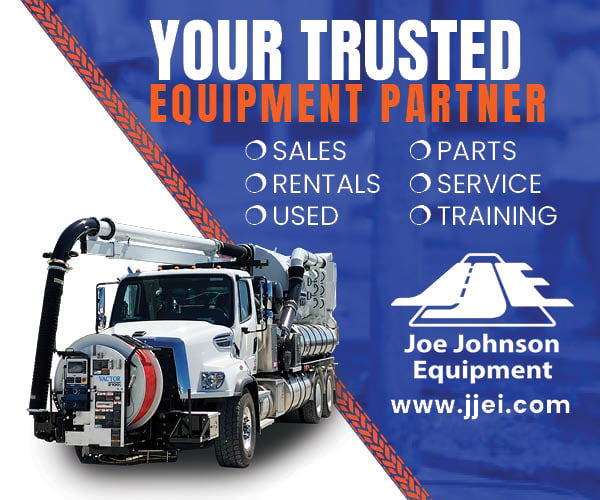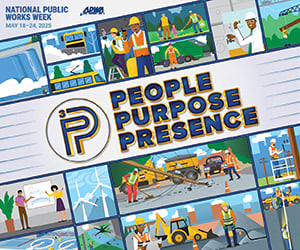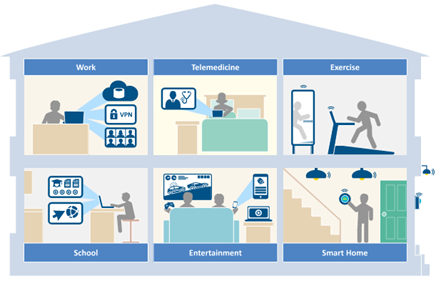It is hard to effectively prepare for new technology. What do you need to know? How will you use the technology? How will you know if you are actually prepared for the technology? Even using the correct term for a piece of technology can be challenging. What one person may call a drone another person may call a UAV (unmanned aerial vehicle) and another an RPA (remotely piloted aircraft).
Public works seems to be settled on using UAV, but there is much more to learn about this newly adopted piece of flying technology. UAVs will become a piece of public works equipment sooner than later; thank goodness training courses are becoming available across North America.
Beginner courses often include:
- Explaining different models of UAV
- Purchasing your new system
- Safety guidelines
- Pre-flight checklists
Online courses are available as well. However, becoming an effective and responsible UAV pilot is more than watching an online tutorial and teaching yourself how to fly. You wouldn’t attempt to operate a tub grinder, an asphalt recycler, or a water jetter without proper hands-on training-UAV training should be no different.
In-depth UAV courses embrace concepts and experiences:
- Responsibilities of the pilot
- Air space
- Aviation weather
- Pre-flight inspections
- Flying without GPS
- Flying to simulate a bridge inspection
- Photo courtesy of Brandon Parigo, UMKC Strategic Communications
APWA looked at the Unmanned Aircraft Training for Industrial Applications offered at the University of Missouri Kansas City (UMKC) to get an idea of what public works employees can look for and benefit from. The course is designed to teach discretion and accountability by placing the students in uncomfortable real-life scenarios.
All public works employees will agree that operating expensive equipment comes with elevated responsibility. Operating UAVs will surely follow that rule.
What a public works employee should look for in a UAV course:
- Who is teaching the course?
- Is the course at the appropriate skill level?
- Does the course provide experience that will translate to my line of work?
- Will I have opportunities to get flying time?
Like all public works operators, UAV operators will be expected to know the equipment inside and out; know when the equipment is not operating correctly; and most importantly, know its limitations. UAV courses can provide the foundation required to be a smart, responsible pilot.
Education and experience are the backbone to an effective equipment operator, and courses are now being offered to provide UAV pilots with the knowledge and experience to put UAVs on the front line of public works equipment.



